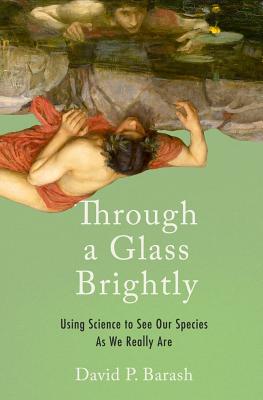Expedite your nonfiction book discovery process with Readara interviews, summaries and recommendations, Broaden your knowledge and gain insights from leading experts and scholars
In-depth, hour-long interviews with notable nonfiction authors, Gain new perspectives and ideas from the writer’s expertise and research, Valuable resource for readers and researchers
Optimize your book discovery process, Four-to eight-page summaries prepared by subject matter experts, Quickly review the book’s central messages and range of content
Books are handpicked covering a wide range of important categories and topics, Selected authors are subject experts, field professionals, or distinguished academics
Our editorial team includes books offering insights, unique views and researched-narratives in categories, Trade shows and book fairs, Book signings and in person author talks,Webinars and online events
Connect with editors and designers,Discover PR & marketing services providers, Source printers and related service providers

Through a Glass Brightly: Using Science to See Our Species as We Really Are
Psychology > Social Psychology
- Oxford University Press, USA
- Hardcover
- 9780190673710
- 9.4 X 6.4 X 0.9 inches
- 0.9 pounds
- Psychology > Social Psychology
- (Single Author) Asian American
- English
Readara.com
Book Description
In Through a Glass Brightly, noted scientist David P. Barash explores the process by which science has, throughout time, cut humanity down to size, and how humanity has responded. A good paradigm is a tough thing to lose, especially when its replacement leaves us feeling more vulnerable and less special. And yet, as science has progressed, we find ourselves--like it or not--bereft of many of our most cherished beliefs, confronting an array of paradigms lost.
Barash models his argument around a set of old and new paradigms that define humanity's place in the universe. This new set of paradigms range from provocative revelations as to whether human beings are well designed, whether the universe has somehow been established with our species in mind (the so-called anthropic principle), whether life itself is inherently fragile, and whether Homo sapiens might someday be genetically combined with other species (and what that would mean for our self-image). Rather than seeing ourselves through a glass darkly, science enables us to perceive our strengths and weaknesses brightly and accurately at last, so that paradigms lost becomes wisdom gained. The result is a bracing, remarkably hopeful view of who we really are.
Author Bio
moreVideos
No Videos
Community reviews
No Community reviews

